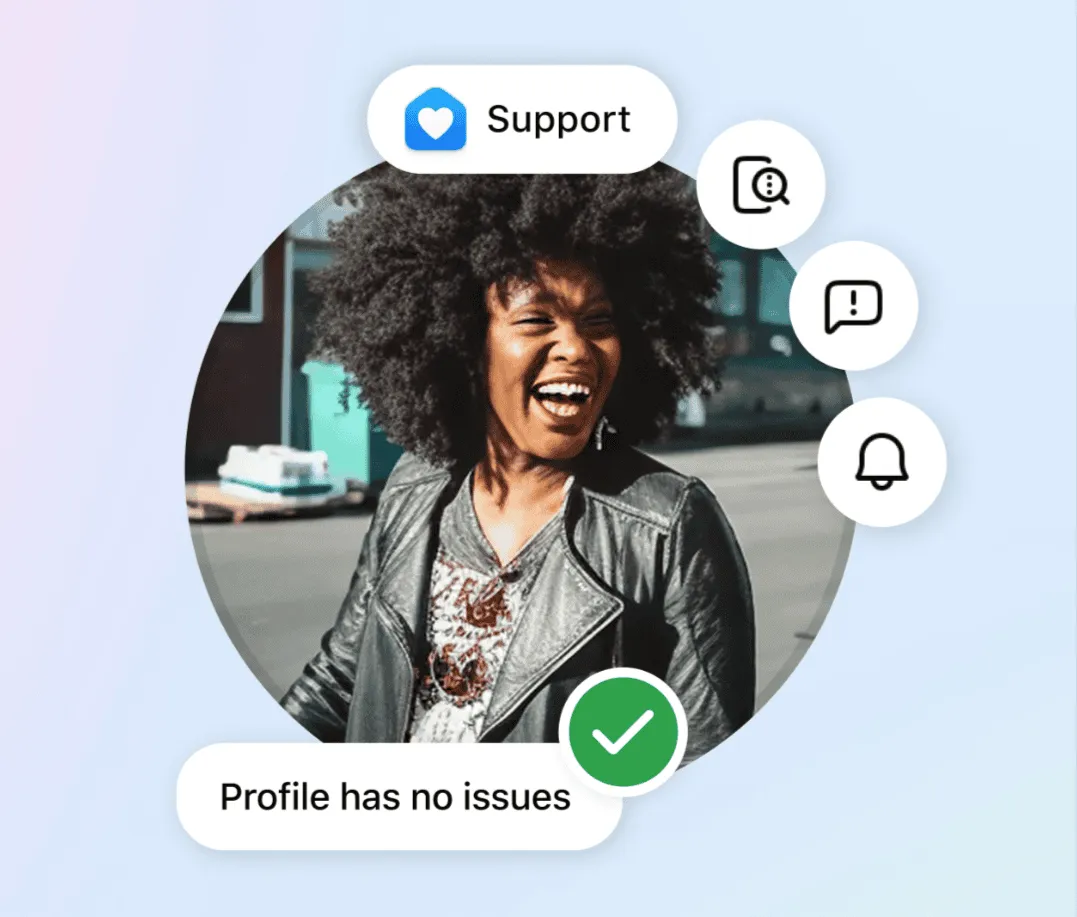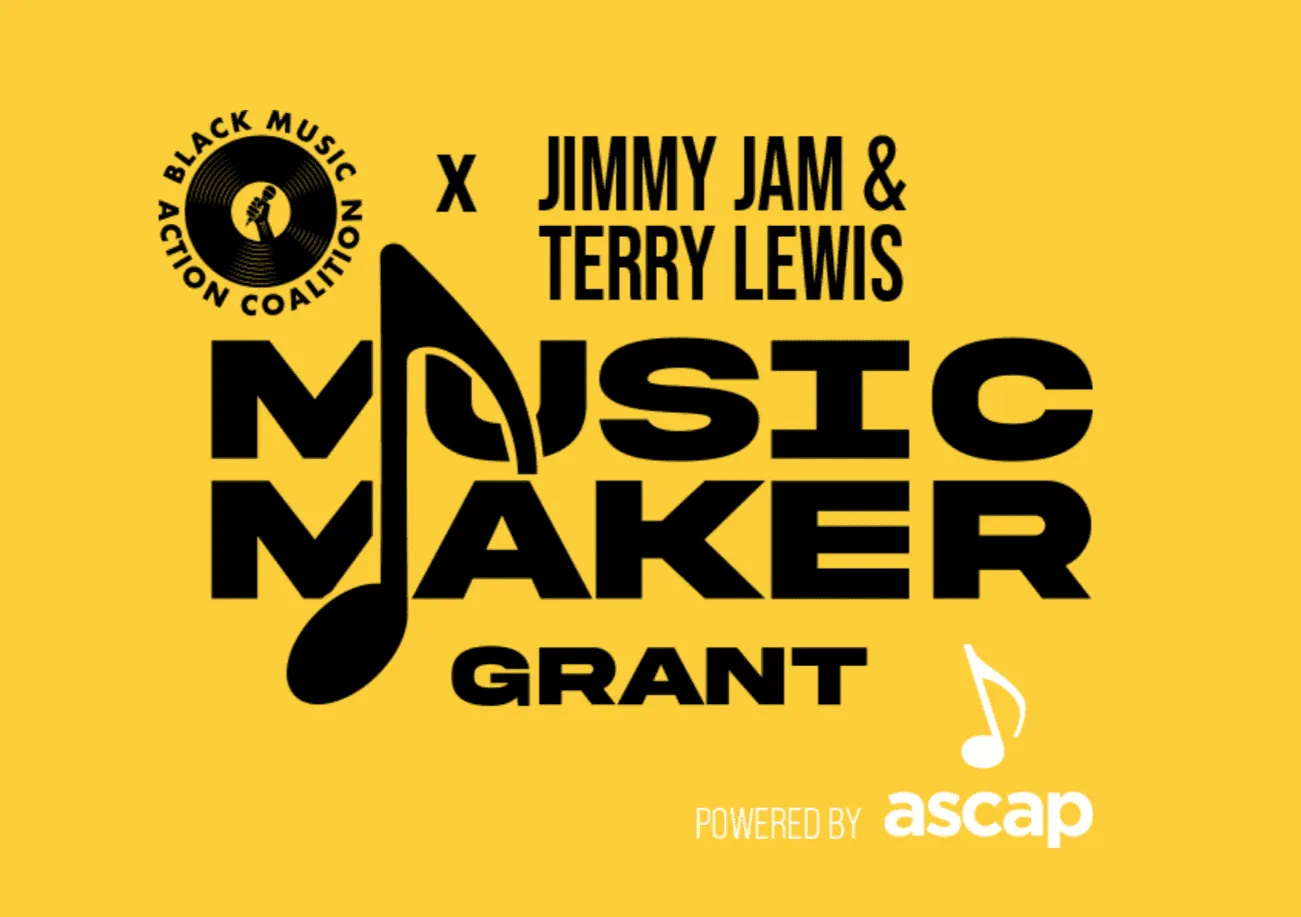(UPDATED) In "Music Taste And Web 2.0" witten for the Music Management & Media program at the University of Gloucestershire, Joel Stamp did extensive research and analysis of how consumers discover new music. His work comes just as iTunes Genius, Google Instant Mix, The Echo Nest and others are bringing machine generated playlists to market. Others, like Pandora, take a hybrid approach, adding a human touch to data.
Current industry thinking holds that fans don't want to put extensive effort into music discovery. There's just too much music and too little time. But Stamp's research shows that may not be true. "A perfect music recommendation service neither exits or is truly desired by music fans," he states.
"Music Taste And Web 2.0" investigated how participants view music recommendation services in relation to other sources of music exposure. A key finding showed that, particularly for committed music fans, the joy of discovering music "lies in the labour of the task". In fact, the real appeal of using music recommendation services, suggests Stamp, may be precisely because they aren't perfect and users still have to sift through bad suggestions.
"Services are falling over themselves to claim that they are the perfect solution to consumers’ music discovery needs," concluded Stamp. "But making a perfect music recommendation service for all users can’t be done." The realization, that machine music recommendation is a tool rather than a solution, could shape both how fans perceive and use these services, as well as, how they can be improved.
Read the full study here.
Joel Stamp has finished school and can be reached via LinkedIn.
MORE: Echo Nest Compares It's Playlist Engine To iTunes Genius, Google Instant Mix




